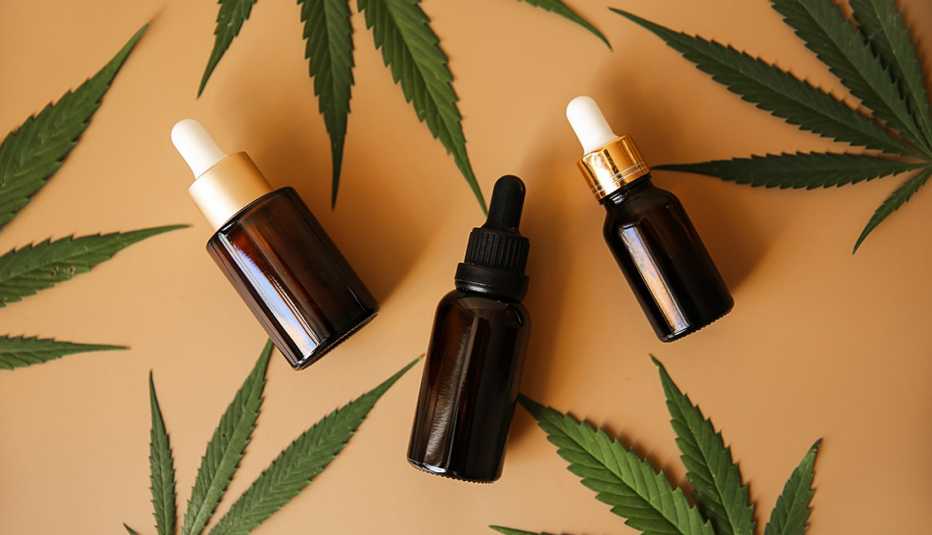Unveiling the Process: How Delta-8 THC Products Are Made
Introduction:
Delta-8 THC, a minor cannabinoid with psychoactive properties, has surged in popularity due to its unique effects and potential therapeutic benefits. As interest grows, many are curious about the manufacturing process behind delta-8 THC products. Let’s delve into the intricate steps involved in crafting these products and understand how delta-8 THC pens play a role in delivering this cannabinoid to consumers.
Extraction from Hemp:
The journey of delta-8 THC products begins with the extraction of delta-8 THC from the hemp plant. Hemp, a variety of the cannabis plant, contains trace amounts of delta-8 THC, which is then isolated through various extraction methods. Common techniques include CO2 extraction, hydrocarbon extraction, or ethanol extraction, each with its own set of advantages and considerations.
Isolation and Conversion:
Once the initial extraction is complete, the raw hemp extract undergoes a process known as chromatography to isolate delta-8 THC from other cannabinoids. This step is crucial for achieving high purity levels and ensuring that the final product meets regulatory standards.
The next key step involves the conversion of CBD (cannabidiol) into delta-8 THC through a chemical reaction known as isomerization. This conversion process is a delicate balance, requiring precise conditions to avoid unwanted by-products. Skilled chemists carefully monitor factors such as temperature, pressure, and time to ensure the transformation is successful.
Purification and Testing:
Following the conversion, the delta-8 THC extract undergoes a purification process to remove any remaining impurities. This step is essential for creating a clean and safe product for consumers. Rigorous testing is conducted throughout the manufacturing process to verify the potency, purity, and absence of harmful contaminants, ensuring that the final delta-8 THC product meets stringent quality standards.
Formulation into Delta 8 Pens:
Delta-8 THC can be formulated into various products, with delta 8 pens being a popular and convenient option. These pens typically consist of a cartridge filled with delta-8 THC distillate, a concentrated form of the cannabinoid. The distillate is often mixed with natural terpenes to enhance the flavor and aroma of the product.
Delta 8 pens are designed for easy and discreet consumption, resembling traditional vape pens. The pen’s heating element activates the delta-8 THC, allowing users to inhale the vaporized cannabinoids. The onset of effects is generally faster compared to other consumption methods, making delta 8 pens a preferred choice for those seeking a quick and controlled experience.
Regulatory Compliance:
As the delta-8 THC market evolves, adherence to regulatory guidelines becomes paramount. Manufacturers must comply with state and federal regulations to ensure the legality and safety of their products. Responsible producers prioritize transparency by providing third-party lab reports, detailing the cannabinoid content and confirming that the product is free from harmful substances.
Conclusion:
The production of delta-8 THC products involves a meticulous process, from extracting the cannabinoid from hemp to formulating it into products like delta 8 pens. As consumers explore the potential benefits of delta-8 THC, it’s crucial to choose products from reputable manufacturers who prioritize quality, transparency, and compliance with regulatory standards. Understanding the journey from plant to pen empowers consumers to make informed choices and experience the unique effects of delta-8 THC responsibly.

